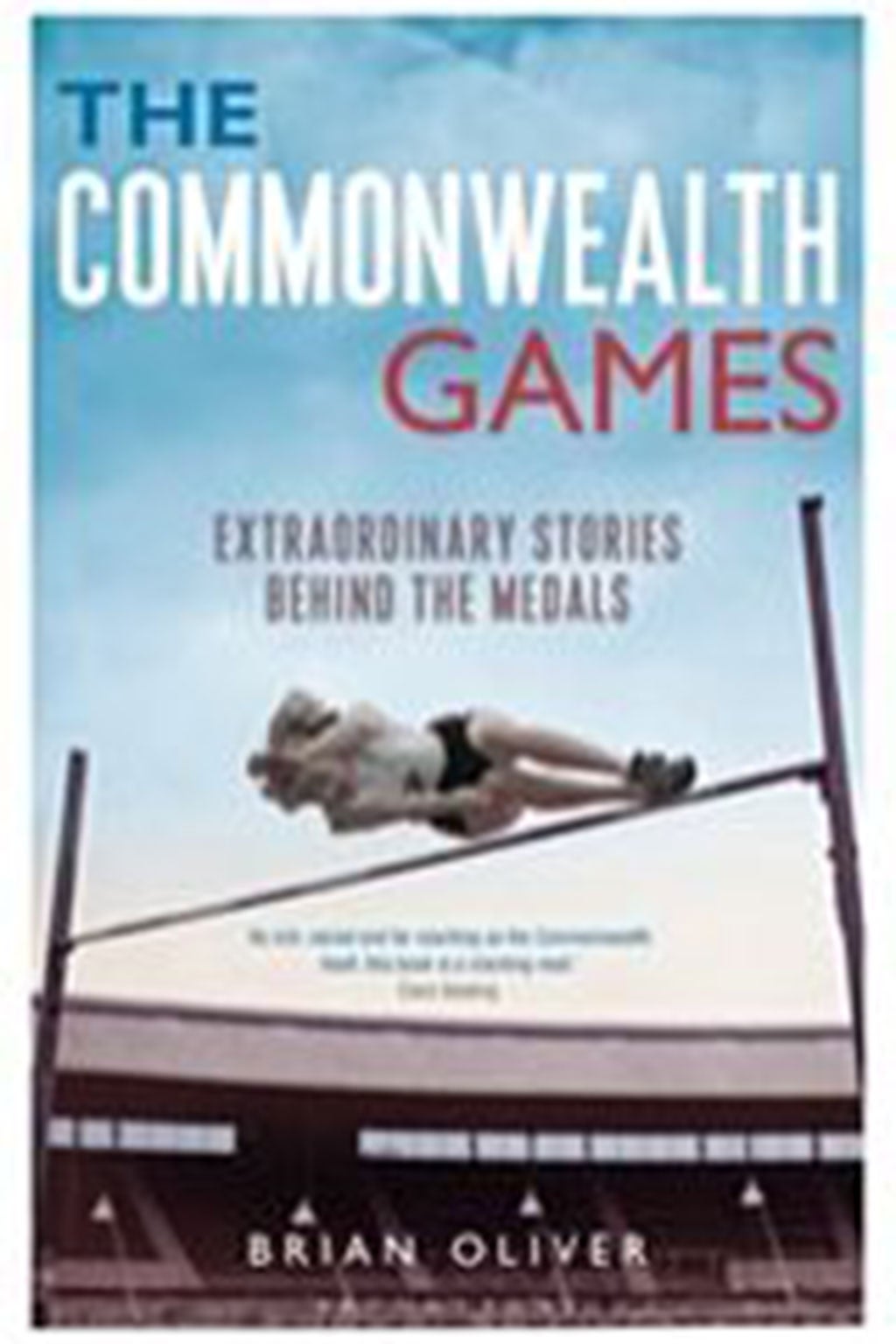Book of the week: The Commonwealth Games by Brian Oliver
Brian Oliver devotes a chapter, entitled “Con Man”, to the unedifying saga that was the 1986 Commonwealth Games

The 2014 Commonwealth Games in Glasgow are already proving far more of a success than the 1986 version in Edinburgh, the last time they were held in Scotland.
After a series of organisational bungles by local worthies, those Games were in danger of collapsing before they had started until the booming, bombastic Robert Maxwell stepped in to “save” them with five weeks to go.
Further disasters followed as, incensed by the British Government’s refusal to impose economic sanctions on South Africa, 32 nations – representing nearly 1,500 of the 3,151 athletes scheduled to take part – pulled out.
Brian Oliver devotes a chapter, entitled “Con Man”, to the unedifying saga, but in the main focuses on the positives and the personalities of an event founded in 1930 with the intention of being “merrier and less stern” than the Olympics. His intention is to provide a human rather than statistical history, and in this he succeeds triumphantly.
Perhaps the most extraordinary story he tells is that of Precious McKenzie, the 4ft 10in weightlifter who rose from abject poverty, abuse and discrimination in South Africa to win four Commonwealth golds from 1966 to 1978 and become a personal favourite of the Queen. Other highlights include the combative career of Australian swimmer Dawn Fraser, the feats of English marathon man Ron Hill and, on a sadder note, the all-too-brief flowering of the Scottish swimming phenomenon Ian Black, who retired disillusioned at 19.
As Oliver points out, the competitive heyday of the Games were from the Fifties to the Seventies, when the lack of world championships in many sports – notably athletics and swimming – ensured strong fields.
But the “Friendly Games” have always been about much more than medals; they have proved stubbornly resilient in a more cynical age, and Oliver’s vivid tales remind us what we would miss if they ceased to be.
Published in large-format paperback by Bloomsbury, £12.99
Join our commenting forum
Join thought-provoking conversations, follow other Independent readers and see their replies
Comments
Bookmark popover
Removed from bookmarks